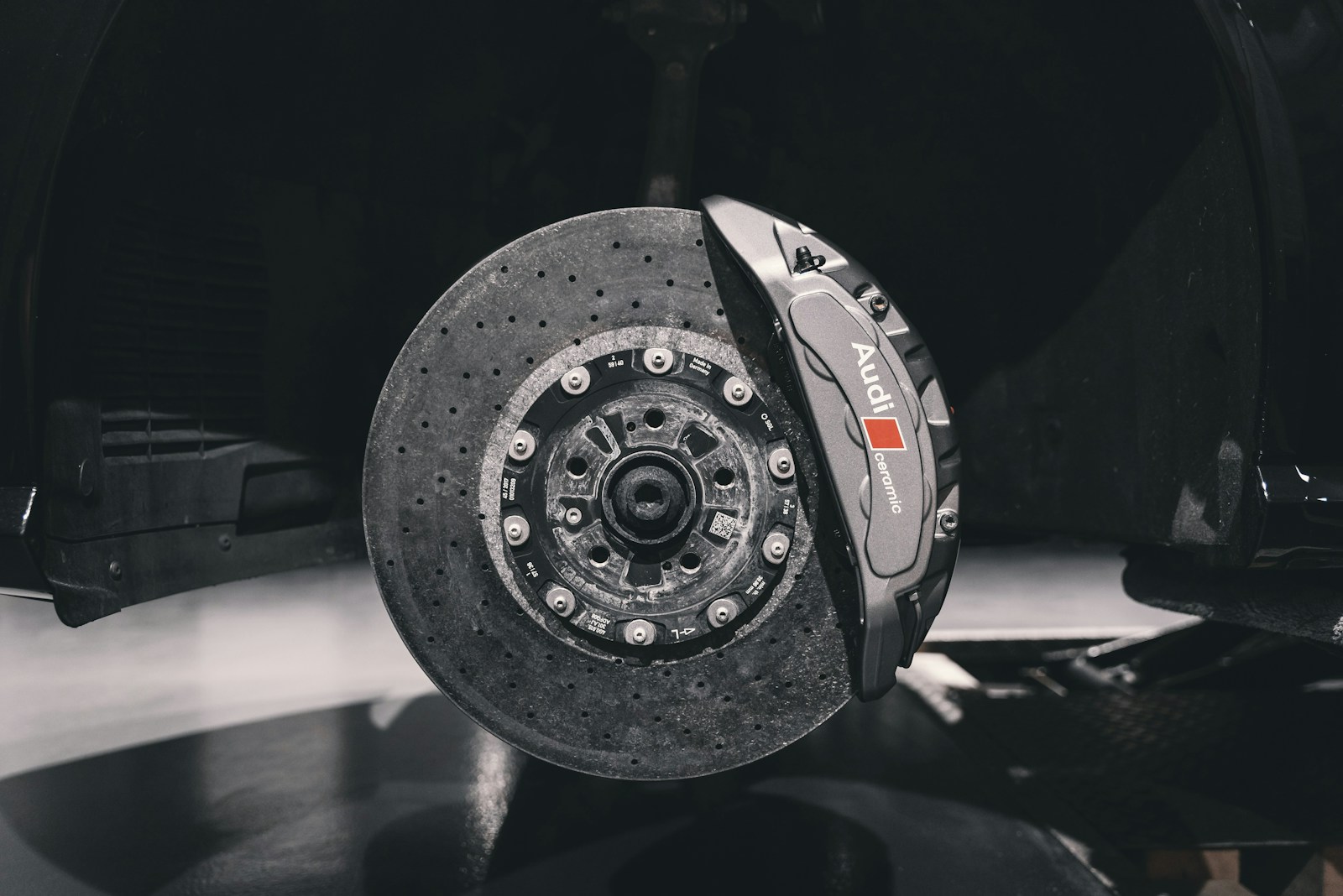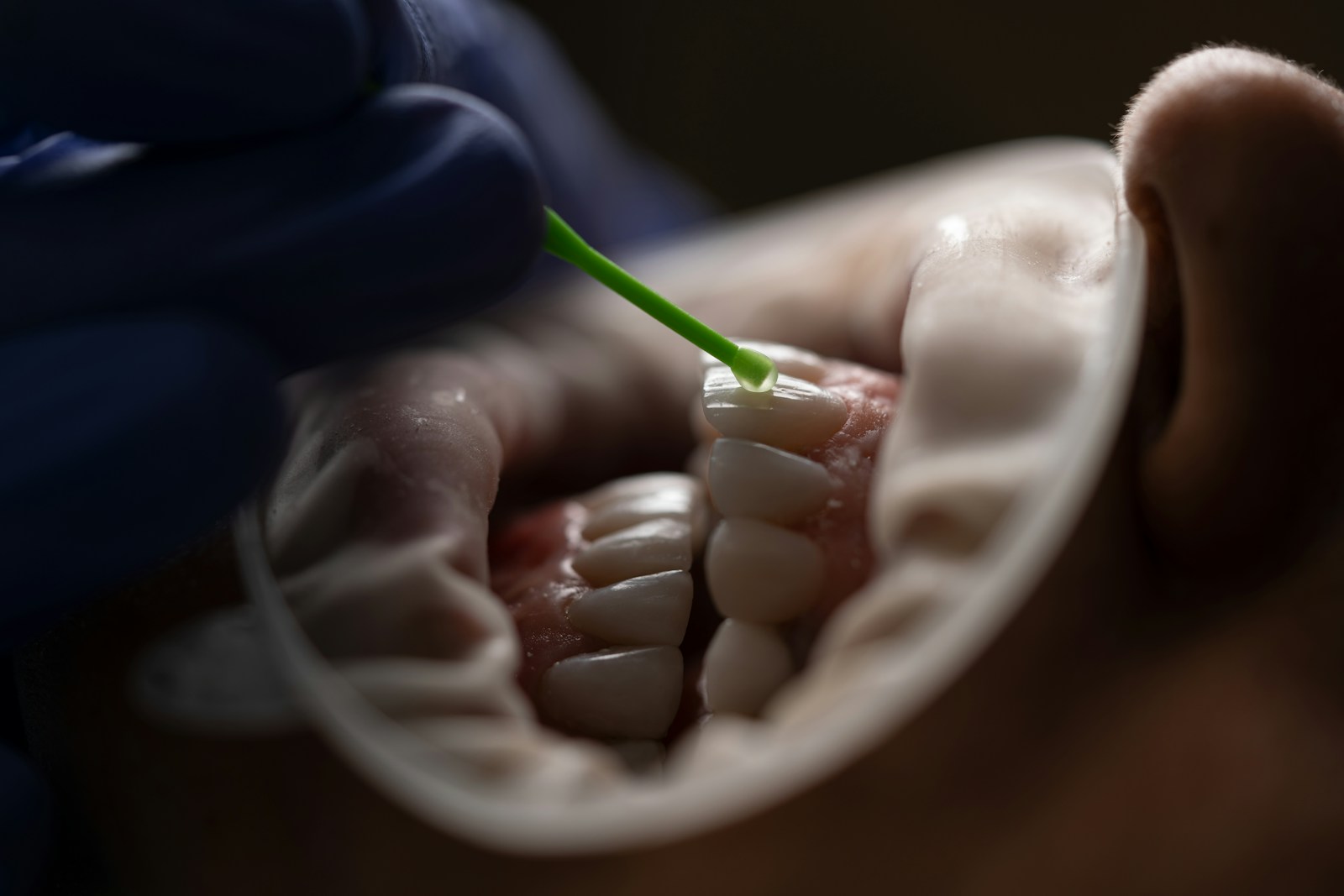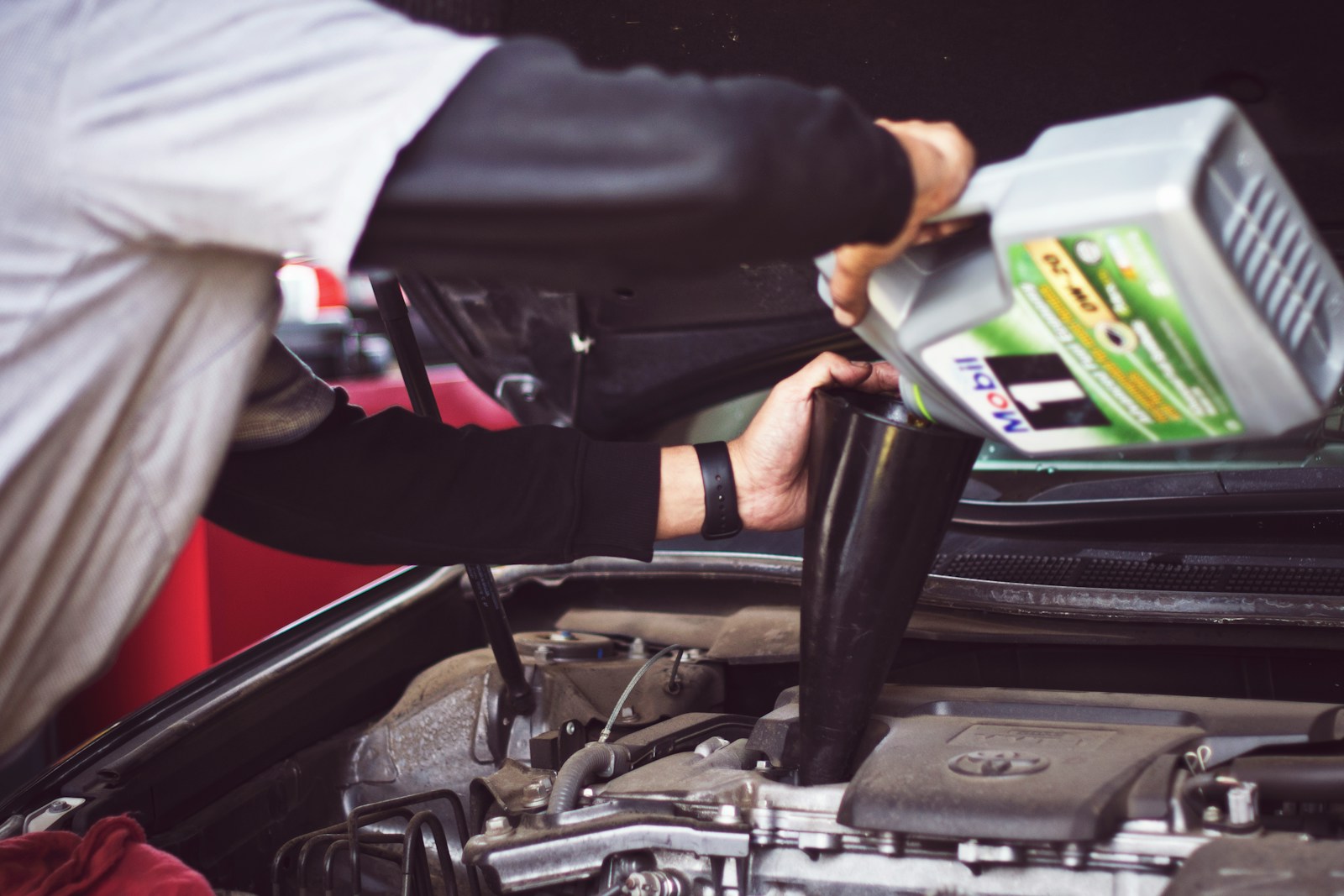It’s an all-too-common scenario: you take your car to the mechanic for a straightforward brake job, only to be confronted with a laundry list of additional services. Whether it’s due to a lack of car knowledge or a fear of saying no, many of us tend to give in to these upsells, often without fully understanding what we’re paying for.
But here’s the truth: not every add-on is necessary. Some are preventative measures while others are designed to inflate the mechanic’s bottom line. To protect your wallet and prevent unnecessary work on your car, it’s important to be aware of these common brake job upsells.

1. Brake Fluid Flush
A brake fluid flush involves removing the existing brake fluid and replacing it with new fluid. Mechanics often recommend this service as old fluid can absorb moisture over time, potentially causing corrosion in the braking system. However, most car manufactures only recommend a brake fluid change every few years, making this a potential unnecessary upsell.
The relevance of a brake fluid flush today lies in the fact that more advanced braking systems require cleaner fluid to function optimally. A regular brake fluid change is essential for modern cars with ABS or stability control systems.
2. Caliper Replacement
Calipers are part of your car’s braking system that squeeze the brake pads against the rotor to stop your car. Mechanics may suggest replacing them if they are rusted or sticking. But unless there are visible signs of damage, calipers generally don’t need to be replaced with every brake job, making this another popular upsell.
With the increasing adoption of advanced braking systems like electronic parking brakes, caliper replacements are becoming more common. However, it’s still important to question this upsell if your brakes are functioning normally.
3. Rotor Resurfacing
Rotor resurfacing involves removing a small amount of material from the brake rotor to smooth out surface irregularities and ensure even brake pad contact. While this can sometimes be necessary, many mechanics recommend it more often than needed as an easy upsell.
As brake technology evolves, some modern cars are equipped with thinner rotors that may not be suitable for resurfacing. It’s always best to refer to your car’s owner’s manual or get a second opinion before agreeing to this service.
4. Brake Pad Upgrades
Some mechanics may try to upsell you on premium brake pads. While these can offer better performance and longevity, they’re not always necessary, especially for average city or highway driving. It’s important to assess your driving conditions and habits before deciding on the need for an upgrade.
With today’s vehicles becoming increasingly heavier and faster, the demand for better braking performance is on the rise. However, unless you’re frequently towing heavy loads or driving in extreme conditions, standard brake pads should suffice.
5. Brake Line Replacement
Brake lines are the conduits that carry brake fluid from the master cylinder to the brakes. While these lines can rust or leak over time, they don’t typically need to be replaced unless there’s an issue. This makes it another potential upsell.
Today, with the advent of brake-by-wire technology in some high-end and electric vehicles, brake line health is paramount. However, unless you notice a decrease in braking performance or fluid leakage, a brake line replacement may not be necessary.
6. Master Cylinder Replacement
The master cylinder is the heart of your car’s brake system. It’s the device that translates your foot’s pressure on the brake pedal into hydraulic pressure to stop your car. While a failing master cylinder can cause serious brake problems, it’s not a component that routinely needs replacement.
As car manufacturers continue to incorporate more electronics into braking systems, a healthy master cylinder is becoming increasingly important. But remember, unless your mechanic can provide a clear reason for replacement, this could be an upsell.
7. Brake Booster Replacement
The brake booster assists your braking effort by reducing the amount of pedal pressure needed to stop the car. If it fails, it can make the pedal hard to press, but issues are relatively rare. Unless you’re experiencing problems, a brake booster replacement is likely an upsell.
Today, some new cars are equipped with electric brake boosters to enhance braking performance and efficiency. While this makes a functioning brake booster more important than ever, replacement should only be considered if you’re having issues.
8. ABS Control Module Replacement
The ABS control module is the computer that controls your car’s anti-lock braking system. While a faulty module can render your ABS nonfunctional, it’s not a part that commonly fails. If your ABS light isn’t on and your brakes are working properly, this replacement might be an unnecessary upsell.
As vehicles become more sophisticated, a working ABS is crucial for maintaining stability and control. However, replacing the ABS module should only be done if there’s an identifiable problem, not as a preventative measure.
9. Brake Hose Replacement
Brake hoses carry brake fluid from the master cylinder to the calipers. Over time, these hoses can crack or leak. However, unless there’s visible damage or a noticeable drop in brake performance, this is another potential upsell.
In the current era of performance-oriented vehicles, a well-functioning brake system is vital. Nevertheless, brake hose replacement should only be done if there’s a legitimate need, not as a routine part of every brake job.
10. Brake Hardware Replacement
Brake hardware refers to the various springs, clips, and adjusters that help your brakes function properly. While these parts can wear out over time, they don’t typically need to be replaced with every brake job. This final upsell is often proposed by mechanics to add to their profit margin.
As cars continue to evolve, so does brake hardware. Modern vehicles may require more complex and costly hardware, but this doesn’t necessarily mean it needs to be replaced more frequently. Always ask your mechanic to justify their recommendations before agreeing to this upsell.


